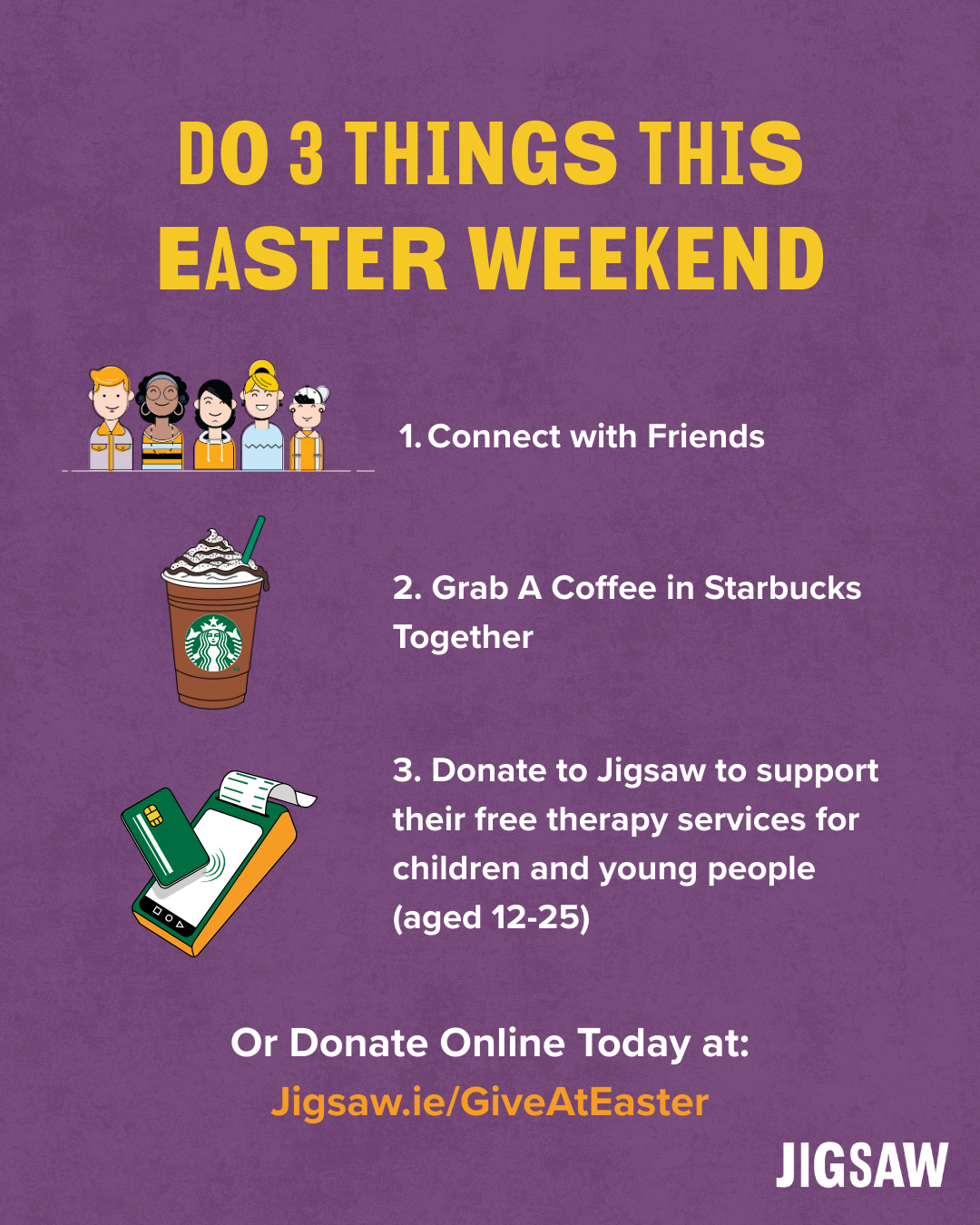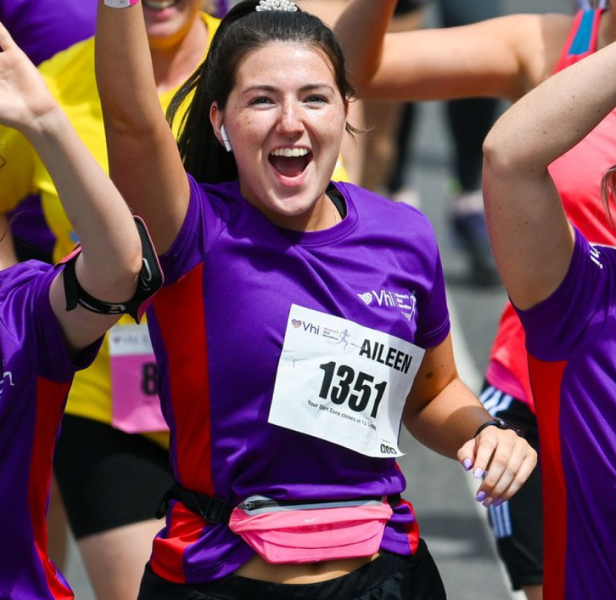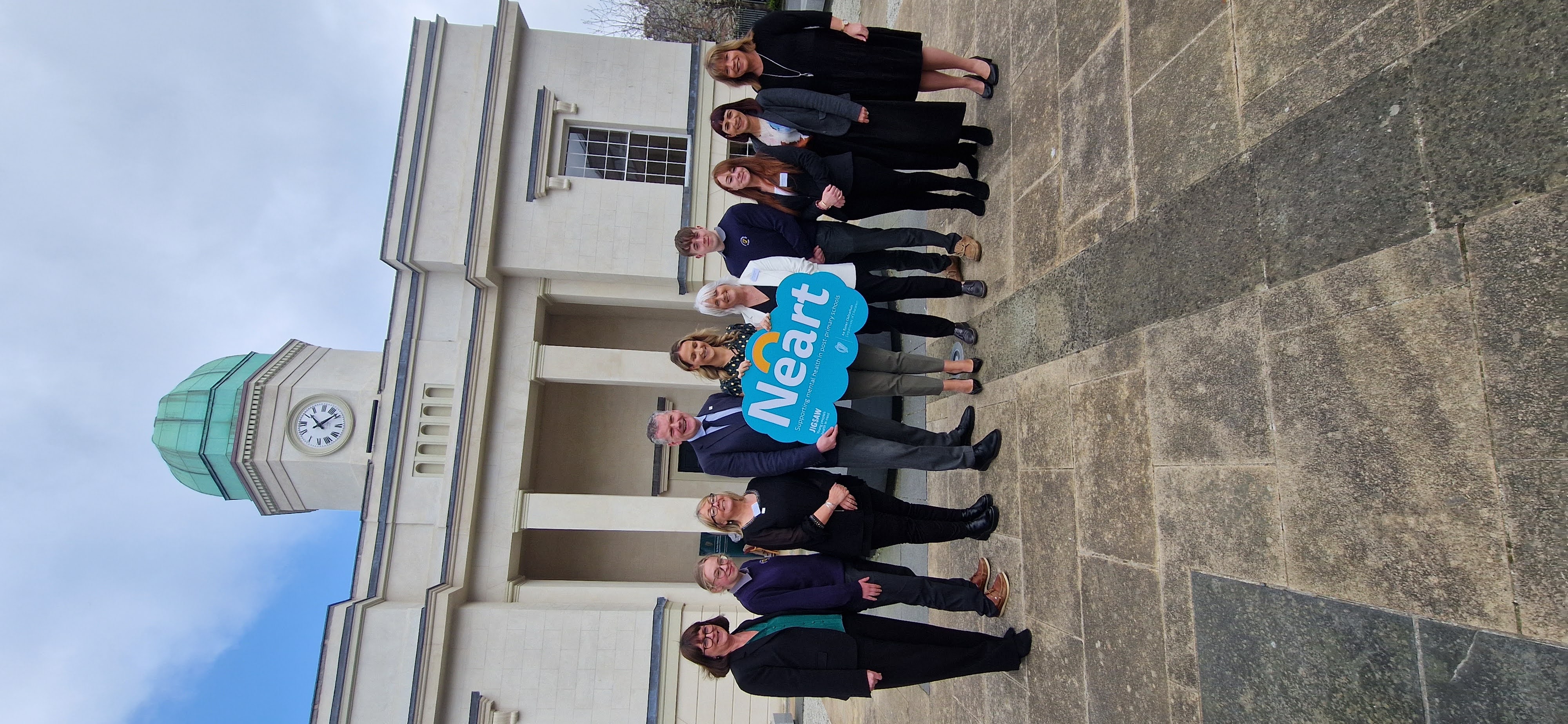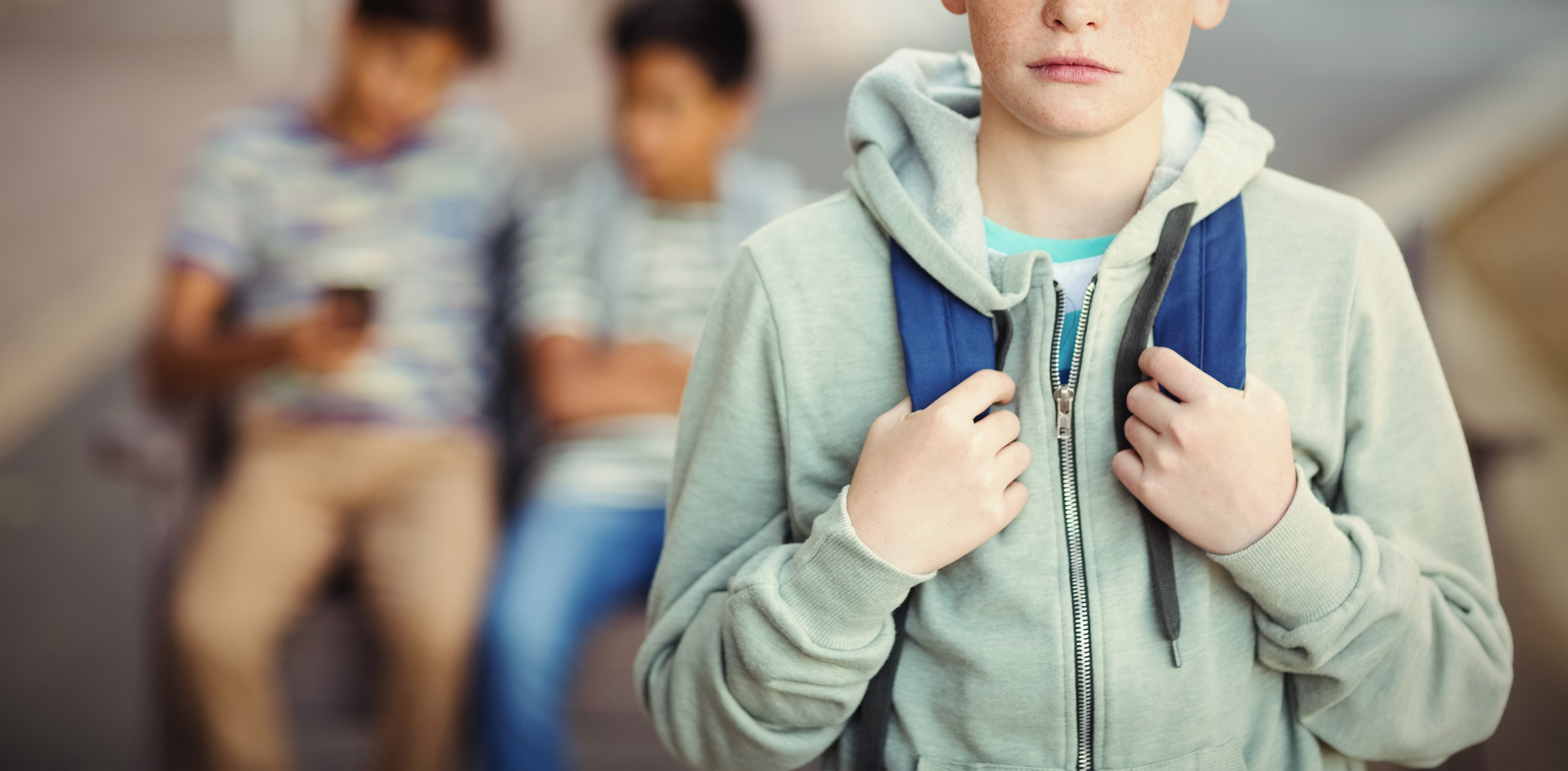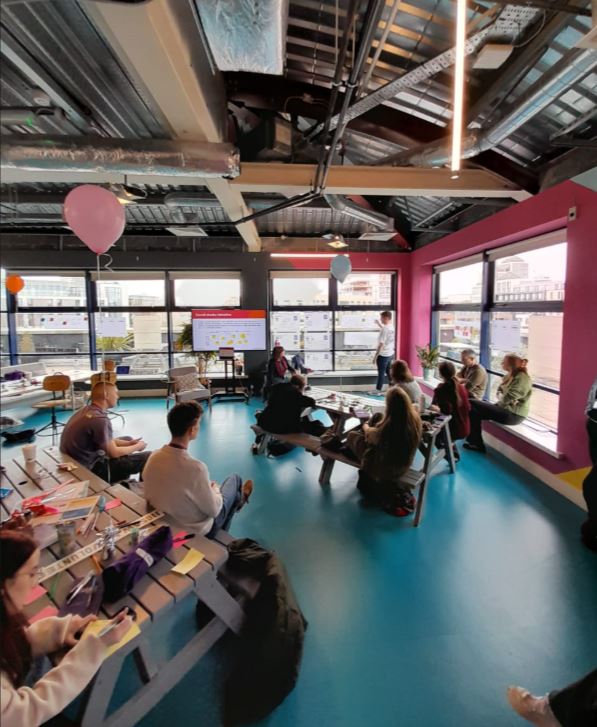PRESS RELEASE
Minister for Education, Helen McEntee TD, has launched Neart, the new national programme of mental health and wellbeing resources and training for post-primary schools. Neart is being delivered in a partnership between the National Educational Psychological Service (NEPS) and Jigsaw – The National Centre for Youth Mental Health.
Neart – the Irish word for strength, provides learning opportunities that promote student mental health and wellbeing as well as mental health webinars and e-Learning courses for parents and school staff.
Minister McEntee welcomed the launch, saying:
“I am delighted to launch Neart – the new national programme of mental health and wellbeing resources and training for teachers, students and parents, in partnership with Jigsaw.
“It has never been so important that children and student’s mental health is supported in our schools. Particularly with the impact of social media, it is vital that we support school communities around mental health to ensure that students are equipped to speak about their mental health and wellbeing.
“While wellbeing supports have been in schools for some time, the needs of students and teachers are ever-evolving and so it is timely that we are add to these supports for our post-primary schools.
“I want to thank everyone who worked on this initiative and crucially, I would encourage every post-primary school to register with the service and avail of the supports on offer, to help their students and teachers alike.”
Welcoming the initiative, Dr Joseph Duffy, CEO of Jigsaw, said:
“Jigsaw is delighted and proud to have been selected to provide Neart, in collaboration with NEPS and the Department of Education. Through this programme, we are fully committed to providing everyone within the school community with the knowledge and confidence to speak about mental health and wellbeing, to challenge stigma and, collectively, to work together to create a positive, enriching, and protective environment for all.”
The Department of Education believe that Jigsaw’s existing experience delivering initiatives supporting the mental health of young people across post-primary schools made them an exemplary partner in this initiative. Their work will complement the supports already available in schools that include: the provision of guidance counselling, the work of the National Educational Psychological Service (NEPS), as well as the existing wellbeing programmes and initiatives including the Student Support Team structure.
Schools can sign up to the new service by logging on to https://jigsaw.ie/neart where they will find information and support for school leaders, school staff, for student support teams and for parents and guardians and to check out upcoming training and webinars on offer throughout 2025.
Notes for editors:
NEART | Classroom resources | Jigsaw.ie
Supports and programmes Jigsaw will provide:
Supports for students that will:
- Enhance the capacity of Student Support Teams to actively seek and respond to the voice of young people in relation to wellbeing and mental health in schools
- Provide learning opportunities for students that promote mental health and wellbeing
Support for parents will:
- Enhance parent/carer involvement in wellbeing school initiatives and engagement in promoting wellbeing and mental health in the school community
- Enhance Student Support Teams to actively seek and respond to the voice of parent/ guardian in relation to wellbeing and mental health in schools
- Provide psychoeducation on the promotion of wellbeing/mental health for parents via webinars and e-Learning opportunities.
Supports for school staff will:
- Build capacity of staff to promote whole school approaches to wellbeing and mental health awareness
- Enhance training and support for Student Support Teams to raise awareness of positive mental health and wellbeing
- Provide e-learning opportunities for staff on mental health and wellbeing promotion
- Provide wellbeing and self-care webinars and eLearning courses for school staff

